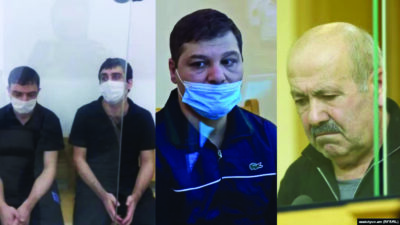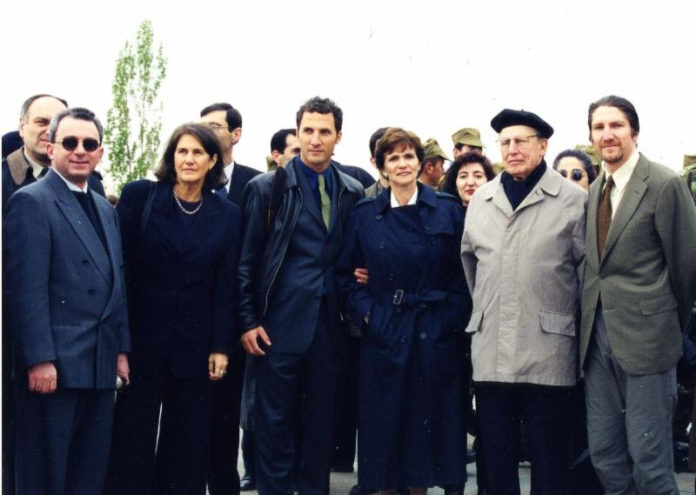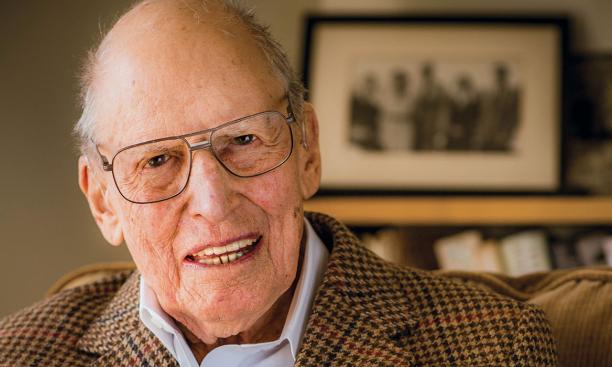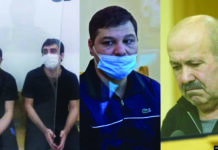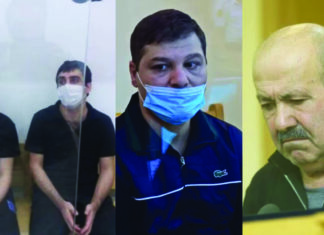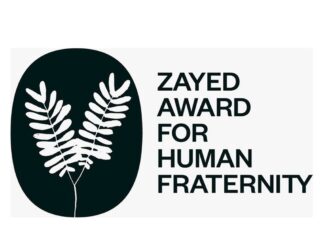WASHINGTON — Henry Morgenthau III, who dedicated himself to honoring the memory of his grandfather, Ambassador Henry Morgenthau, passed away on July 11 at age 101. The cause was complications from aortic stenosis, his daughter Sarah Morgenthau said.
In public presentations, in television appearances and in numerous publications, Henry Morgenthau III recounted his recollections of his grandfather with whom he lived in New York City. He was honored on many occasions by Armenian organizations across the country.
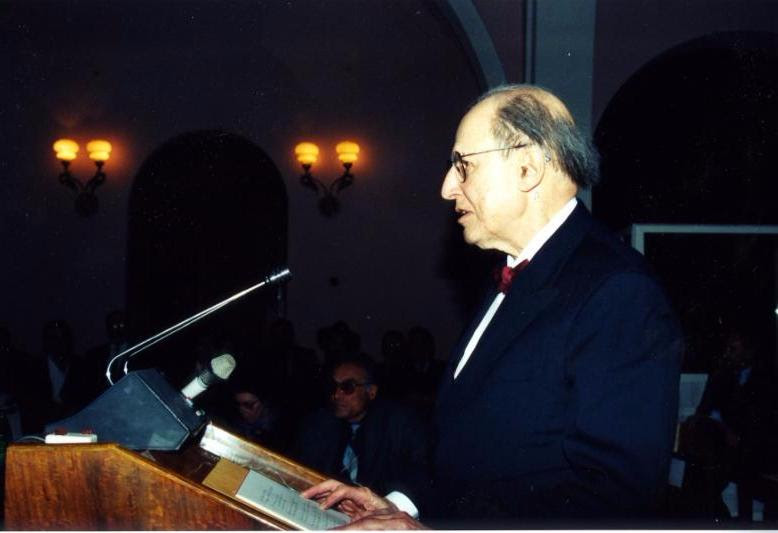
The Armenian National Institute and the Armenian Assembly of America organized his trip to Armenia in 1999 where he was honored by the National Academy of Sciences, the Armenian Genocide Museum, and the City of Yerevan.
Morgenthau was joined by his sons Dr. Henry Ben Morgenthau and Kramer Morgenthau, as well as Armenian Assembly President Carolyn Mugar, longtime personal friend from the time of his residence in Cambridge, Mass., and Kitty Dukakis, wife of the former governor of the state of Massachusetts and a board member of the US Holocaust Memorial Museum.
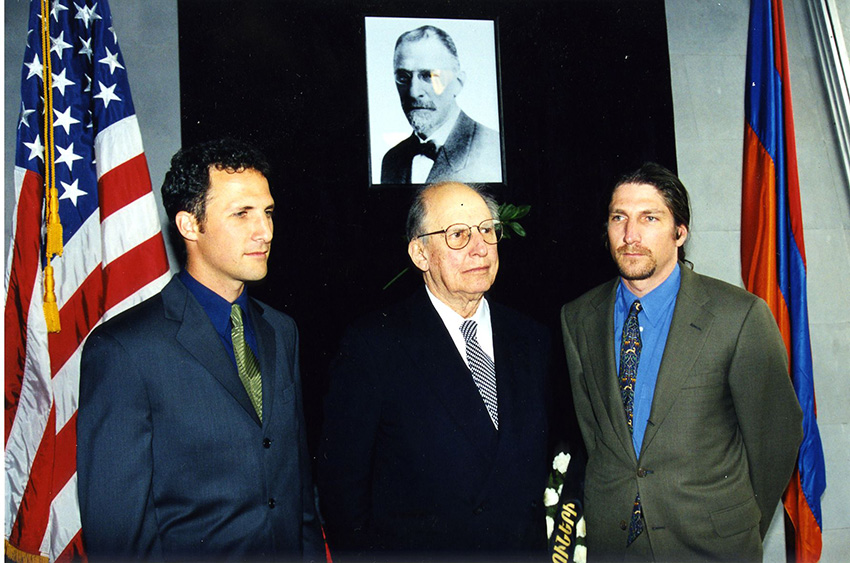
“My grandfather frequently told me that his attempts to save Armenian lives at the time of the Genocide and the establishment of the Near East Relief effort were the achievements that meant the most to him,” Morgenthau explained on the occasion. Ambassador Morgenthau served as President Woodrow Wilson’s emissary to the Ottoman Empire during World War I.
With Henry Morgenthau III’s endorsement, in 1996 the Armenian Assembly of America established the Henry Morgenthau Award for Meritorious Public Service which is given out to public officials in recognition of their contributions in defense of human rights. Recipients of the Assembly’s Morgenthau Award include the first US Ambassador to the Republic of Armenia Harry Gilmore and US Ambassador John Evans who publicly called for official US recognition of the Armenian Genocide.
